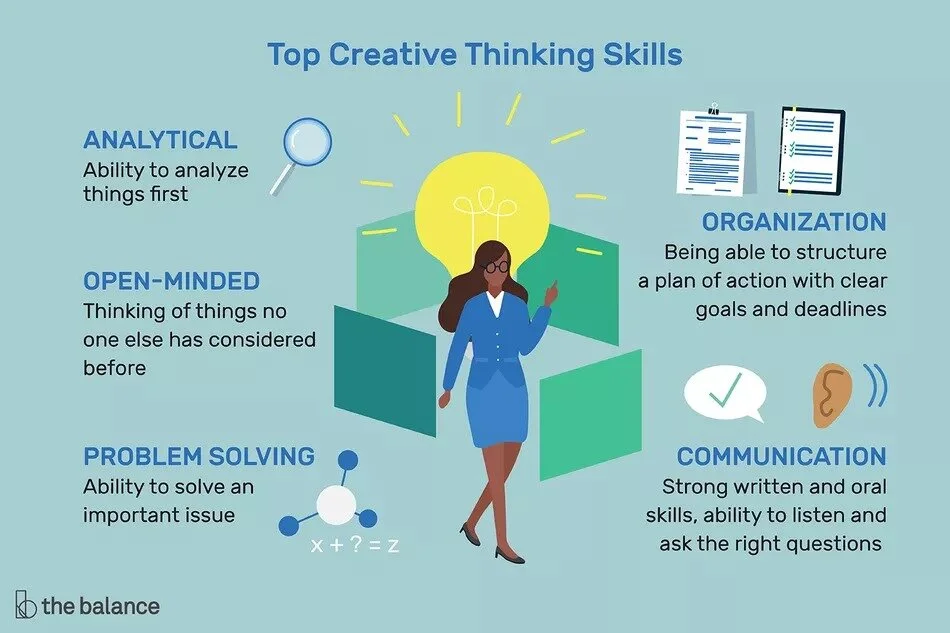In-Demand Job Skills for 2020
Employers have an ever-changing recipe for what they look for in recruits. Technology and globalization continue to change and shape what businesses deem as important regarding hard and soft skill sets.
Hard skills are those that are easier taught such as coding languages and mathematics. They are also easier to measure, such as with foreign languages for example. Soft skills are harder to measure and teach. Below is a look at the top in-demand skills that employers are looking for in 2020.
According to LinkedIn, the top skills that businesses are looking for this year are as follows:
Blockchain has seen a lot of excitement in the last couple of years. Employers are becoming privy of this “business solution in search of problems” and they’ll want to have someone on their team who knows how to navigate it to use for their advantage. It’s currently the most in-demand skill in the United States, the United Kingdom, France, Germany, and Australia.
Other top in-demand skills for this year and last include UX Design, Artificial Intelligence, Sales, and Business Analysis.
Moving on to less measurable skills, we’ll spend the rest of this article diving into LinkedIn’s 5 most desired skills: creativity, persuasion, collaboration, adaptability, and emotional intelligence.
Creativity
Creative minds are those who can “think outside the box”. This kind of lateral thinking allows people to solve problems using an indirect and creative approach via reasoning that is not immediately obvious.
“There is no doubt that creativity is the most important human resource of all. Without creativity, there would be no progress, and we would be forever repeating the same patterns.”
Edward de Bono - from the de Bono Online Course
Image by Melissa Ling © The Balance 2019
Among their knack for problem-solving, creative persons also possess strong organization, communication, and analytical skillsets. Being creative at work can also mean being more likely to take risks, which can lead to big payoffs!
Persuasion
Persuasion techniques are especially useful in areas such as political and fundraising campaigns, public relations, etc legal procedures. Apart from the obvious areas, persuasion also has its place in just about every office regardless of the field.
Persuasive skills are needed to influence customers, co-workers, current or prospective bosses, business partners, subordinates, donors, funding sources, judges, juries, consumers, voters, and prospective employees.
Collaboration
Collaboration skills empower people in or outside of an organization to engage with each other productively and efficiently. Collaboration brings people together from different departments, locations, and teams to achieve a common goal.
According to The Balance, strong workforce collaboration skills include:
A willingness to find solutions to problems
Recognizing collaborators’ strengths and weaknesses
Taking responsibility for mistakes
Giving credit to others for contributions
Actively listening to other team members’ concerns
Adaptability
In the technological age, there’s no shortage of new digital tools or products. These new tools find offices rather easily, which means employees must be able to adapt and adopt quickly and smoothly.
Furthermore, thanks to the startup mentality, workplaces have begun to evolve into project-led environments where employees are expected to change focus from one priority to another, much quicker than anytime before.
“Being able to adapt to the changing priorities in the business is a soft skill that many employers value as highly as technical skills needed to do the job.”
Ricky Martin, former The Apprentice winner and business partner
Emotional Intelligence
Embracing the nuances of human emotion in the workplace can have pragmatic benefits, such as better collaboration among employees and a happier workplace. Throughout our day-to-day, we are constantly making decisions based on our gut feelings, and not always aware of stepping back and looking at the big picture. When we work in teams, we’re more attuned to other peoples’ thoughts and feelings and are forced to pause before acting. Emotional intelligence in the office is omnipresent. It essentially comes down to understanding, expressing and managing, good relationships and solving problems under pressure.
For more on how to strengthen soft skills in the workplace and the classroom, visit us today.



